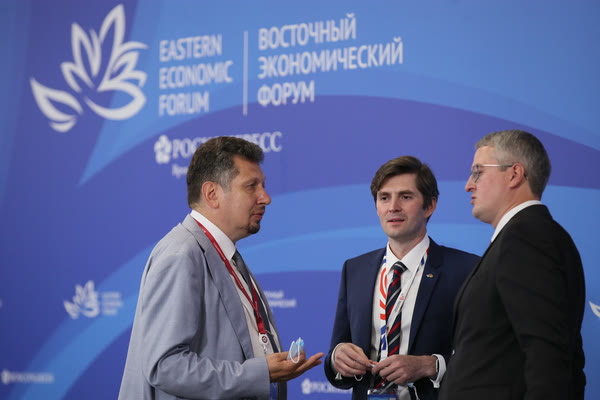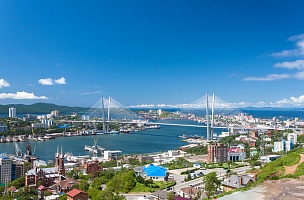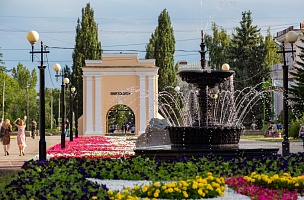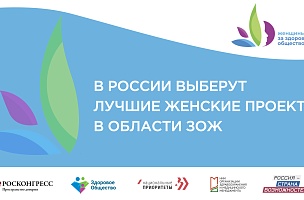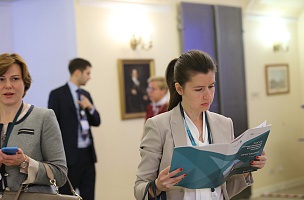Key conclusions
A lack of public funding is hindering development in the Far East
- “By necessity, our budget is for survival, rather than for development. <...> Our main objective is to support the population, and without the requisite level of funding for social expenditures, this will not be possible,” Vladimir Solodov, Governor of Kamchatka Territory.
A dialogue on redistributing powers of taxation is possible, but tax breaks are more effective
- “The income model must absolutely match up with the expenditure model, but this will in all likelihood occur at a subsequent stage. <...> It is important that a rejection of particular taxation solutions does not lead to a fall in additional income,” Marat Shamyunov, Deputy Minister of the Russian Federation for the Development of the Far East and the Arctic.
- “I agree that a great deal needs to be done in terms of tax breaks, particularly federal tax breaks for funds coming into the national and local coffers,” Vladimir Klimanov, Director, Institute for Public Finance Reform (IPFR).
Work needs to be done to ensure better financial management
- “We must not forget to work diligently on improving financial management and financial responsibility in relation to decisions taken on tax expenditure,” Marat Shamyunov, Deputy Minister of the Russian Federation for the Development of the Far East and the Arctic.
Problems
Deteriorating infrastructure and social amenities
- “Repairs for social amenities are not taken into consideration at all. <...> We have [in the region – ed.] 600 schools, and every year we need to build 15–20 schools to replace those which are 50–70 years old,” Alexander Osipov, Governor of Transbaikal Territory.
The current grant allocation method fails to factor in specific considerations unique to the Far East
- “A range of crucial factors are ignored completely when allocating budget equalization grants. For Siberia and the Far East, compensating expenses on housing and utilities is absolutely key, yet it is not considered at all. Preparations for winter are similarly not factored in,” Alexander Osipov, Governor of Transbaikal Territory.
- “Budget deformations are becoming more and more apparent, and are now a prominent issue. The Far East covers 40% of the Russian Federation, yet only 8 million people live there. That necessitates a completely different governance model,” Marat Shamyunov, Deputy Minister of the Russian Federation for the Development of the Far East and the Arctic.
Solutions:
A gradual move towards full fiscal capacity, and a change of approach to the equalization of priority spending
- “These expenses related to housing, utilities, and preparing for winter are inextricably linked to our way of life here. Perhaps somewhere in the south, such as the North Caucasian Federal District, these factors are of little importance, and can be sufficiently funded in some other way. However, for us, they are serious aspects, which carry real risks for the people living here,” Alexander Osipov, Governor of Transbaikal Territory.
The Infrastructure Menu can help overcome issues in construction
- “The position of the Ministry of Construction is that if the projects are there, we will even go beyond the limits <...> to fund them. And you know that this indeed happens. If the projects are there, we will raise the money, no matter what,” Nikita Stasishin, Deputy Minister of Construction, Housing and Utilities of the Russian Federation.
- “The Infrastructure Menu represents a chance for our regions to escape this endless cycle we talked about at the beginning, whereby almost all of the budget goes on priority expenditures. If we know that support exists for infrastructure in credit form, and we can access it, it will help address the lack of resources for development,” Vladimir Solodov, Governor of Kamchatka Territory.
Increasing subsidies and giving the regions a large amount of autonomy in their spending
- “First of all, we should increase subsidies to enable greater manoeuvrability when it comes to using funds. <...> Of course, at one time there was a need for centralization and constant oversight; however, in some places it is now desirable to gradually move away from this approach, including in terms of extending financial resources and powers,” Natalya Trunova, Auditor, Accounts Chamber of the Russian Federation.
For more information, visit the Roscongress Foundation’s Information and Analytical System at roscongress.org/en.


